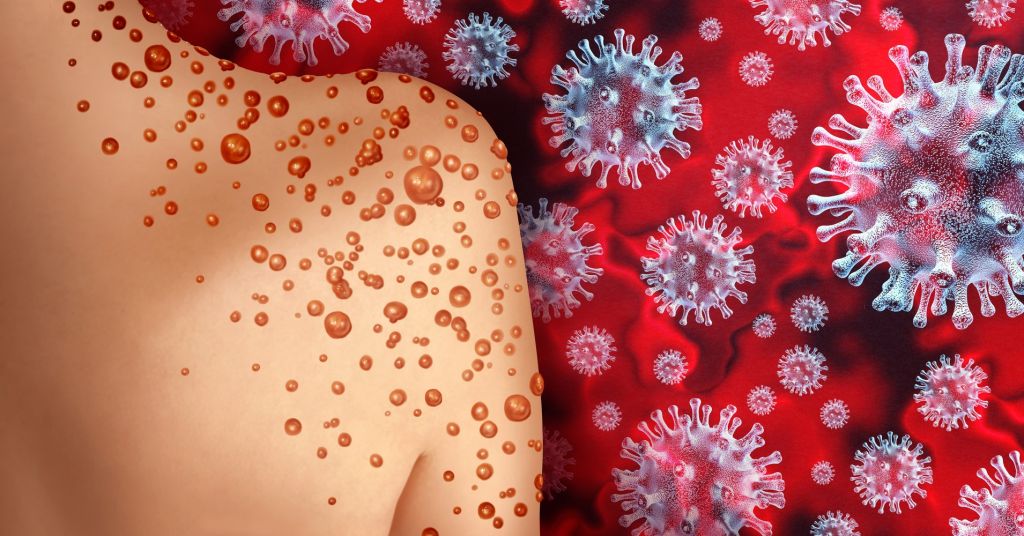The U.S. Food and Drug Administration (FDA) has accepted the filing of a biologic license application (BLA) for B-VEC, a treatment for patients with dystrophic epidermolysis bullosa (DEB).
Krystal Biotech Inc. works in redosable gene therapy and made the announcement today (August 18).
The application has been granted Priority Review designation, and the Prescription Drug User Fee Act (PDUFA) action date is February 17, 2023. The FDA has said that it is not currently planning to hold an advisory committee meeting to discuss the application.
Acceptance
Suma Krishnan, co-founder and president, research and development of Krystal Biotech, said: “We are delighted to receive the FDA’s acceptance of our BLA submission and move one step closer to potentially bringing a medicine to fundamentally treat DEB patients.
“We are committed to working closely with the FDA to bring this potential, first-ever treatment to patients living with DEB as quickly as possible.”
The BLA submission for B-VEC is supported by data from two placebo controlled clinical trials – the GEM-3 trial and the GEM-1/2 trial.
Serious condition
Priority Review designation is granted to applications for medicines that treat a serious condition, and if approved, would provide a significant improvement in the safety or effectiveness of the treatment, prevention, or diagnosis of a serious condition.
B-VEC was previously granted Fast Track designation and Regenerative Medicine Advanced Therapy (RMAT) by the FDA for the treatment of DEB.
The company plans to submit a marketing authorization application to the European Medicines Agency (EMA) in the second half of 2022.
DEB is a rare and severe disease that affects the skin and mucosal tissues. It is caused by one or more mutations in a gene called COL7A1, which is responsible for the production of the protein type VII collagen (COL7) that forms anchoring fibrils that bind the dermis (inner layer of the skin) to the epidermis (outer layer of the skin).
Blisters
The lack of functional anchoring fibrils in DEB patients leads to extremely fragile skin that blisters and tears from minor friction or trauma. DEB patients suffer from open wounds, which leads to skin infections, fibrosis which can cause fusion of fingers and toes, and ultimately an increased risk of developing an aggressive form of squamous cell carcinoma which, in severe cases, can be fatal.
The drug is an investigational non-invasive, topical, redosable gene therapy designed to deliver two copies of the COL7A1 gene when applied directly to DEB wounds. B-VEC was designed to treat DEB at the molecular level by providing the patient’s skin cells the template to make normal COL7 protein, thereby addressing the fundamental disease-causing mechanism.
The FDA and EMA have each granted B-VEC orphan drug designation for the treatment of DEB, and the FDA has granted B-VEC fast track designation and rare pediatric designation for the treatment of DEB. In addition, the FDA granted Regenerative Medicine Advanced Therapy (RMAT) to B-VEC for the treatment of DEB and the EMA granted PRIority MEdicines (PRIME) eligibility for B-VEC to treat DEB.





